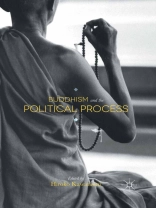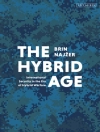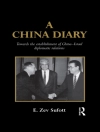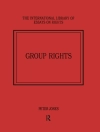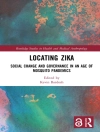This study examines the impact of Buddhism on the political process of Asian countries in recent times. The intersection between Buddhism and politics; religious authority and political power is explored through the engagement of Buddhist monks and lay activists in the process of nation-building, development, and implementation of democracy.
قائمة المحتويات
Introduction to Buddhism and the Political Process: Patterns of Interaction; Ian Harris
2. On Being a Monk and a Citizen in Thailand and China; Thomas Borchert
3. U Nu’s Liberal Democracy and Buddhist Communalism in Modern Burma; Hiroko Kawanami
4. Buddhist Monks and Democratic Politics in Contemporary Myanmar; Matthew Walton
5. Buddha or the Ballot: The Buddhist Exception to Universal Suffrage in Contemporary Asia; Tomas Larsson
6. Particularist Goals through Universalist Means: The Political Paradoxes of Buddhist Revivalism in Sri Lanka; Iselin Frydenlund
7. The ‘Army of Buddhist Power’ in Sri Lankan Politics; Mahinda Deegalle
8. The Buddhist State of Exception; Michael Jerryson
9. Tibetan Buddhist Leadership: Recent Developments in Historical Context; Bruce Knauft
10. Feeding a Scapegoat? The Political Function of Amoghavajra’s Ritual Services in Protecting the Country; Martin Lehnert
11. Opium Eaters: Buddhism as Revolutionary Politics; James Mark Shields
عن المؤلف
Hiroko Kawanami is Senior Lecturer in the Department of Politics, Philosophy and Religion at Lancaster University, UK. She has co-edited
Religions in the Modern World (2009, 2016) and
Buddhism, International Relief Work, and Civil Society (2013), and is the author of
Renunciation and Empowerment of Buddhist Nuns in Myanmar-Burma (2013). She is currently co-writing a book about the communal jurisdiction of non-ordained Buddhist nuns in the southern tradition.
